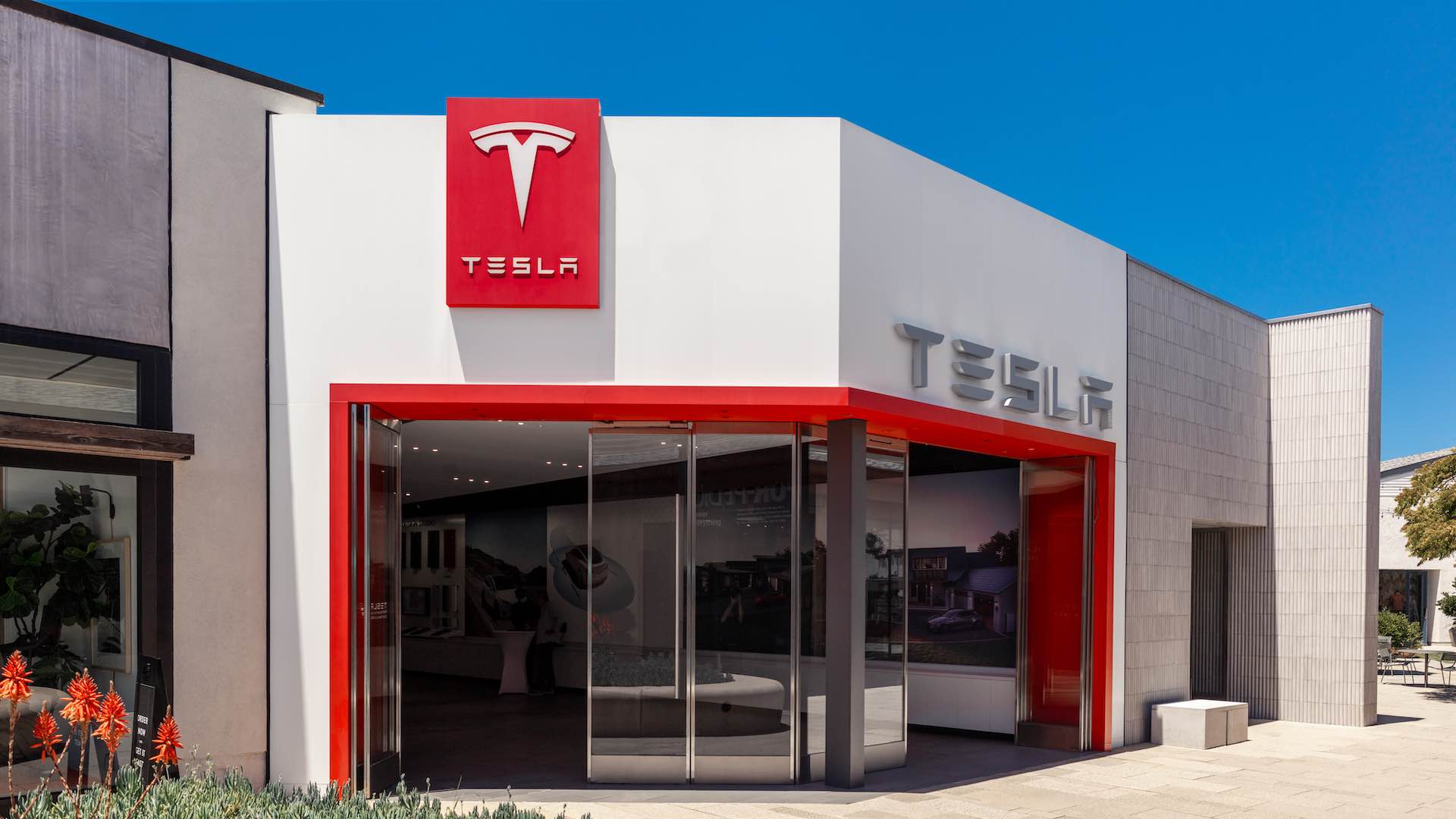In a stunning turn of events, Tesla, the electric vehicle giant, witnessed a harrowing 12% plunge in its stock value on Thursday, resulting in an astonishing $80 billion loss in market capitalization. The precipitous drop came mere hours after Tesla issued a sobering warning about the deceleration in electric car sales growth and the looming threat posed by Chinese competitors.

This turbulent day marked Tesla’s most severe stock downturn in 21 months, culminating in the lowest closing stock price since December 2022. Since the beginning of 2024, the company’s market capitalization has plummeted by an eye-watering $210 billion, raising concerns among investors. During a crucial earnings presentation on Wednesday, Tesla, the world’s most valuable automaker, admitted that its sales growth for the year ahead might fall significantly short of previous expectations.
The slowdown is attributed to the ongoing development of their eagerly awaited “next-generation” vehicle, which is anticipated to be a more affordable model. Tesla’s financial performance for the last quarter also left investors disheartened. Adjusted earnings per share plummeted by a substantial 40% compared to the previous year. Furthermore, despite revenue crossing the $25 billion threshold with a 3% increase, it fell short of market forecasts.
In an unprecedented trend, Tesla’s earnings report for the second quarter in a row failed to meet analysts’ expectations, marking a stark contrast to its earlier streak of surpassing predictions since the beginning of 2021. The company’s stock, which had doubled in value throughout 2023, saw a weak start in 2024, tumbling by 16% before the release of the earnings report on Wednesday.
This significant one-day stock decline on Thursday was reminiscent of April 2022 when Tesla grappled with persistent supply chain disruptions caused by the pandemic. At that time, the company had temporarily shut down its Shanghai factory due to a coronavirus outbreak in China. Tesla’s fourth-quarter earnings report unveiled considerable pressure on its profits and margins.
The company’s operating margin nearly halved, dropping to 8.2% compared to the same period in 2022, primarily due to increased production costs associated with the Cybertruck pickup, which commenced production at the end of 2023. Market analyst Dan Ives of Wedbush expressed disappointment with Tesla’s earnings call, citing a lack of substantive answers regarding the company’s diminishing margins. He remarked that investors had expected more transparency on pricing strategies, margin structures, and demand fluctuations.
Tesla’s ongoing price reductions over the past year were aimed at bolstering sales, as it faces mounting competition from Chinese rivals. Last year, China’s BYD outperformed Tesla, surpassing the American automaker in sales for the first time. Elon Musk acknowledged the prowess of Chinese car manufacturers, stating they were “the most competitive car companies in the world” and predicted their potential global success.
The escalating competition from Chinese automakers, including BYD, has led to an anti-dumping investigation initiated by European authorities. This investigation could result in higher tariffs on car imports from China, as “dumping” refers to the practice of exporting goods below their actual cost. Despite the recent setbacks, some analysts remain cautiously optimistic about Tesla’s future.
Garrett Nelson, a senior equity analyst at CFRA Research, believes that the upcoming launch of a more affordable Tesla model in the coming years could serve as a much-needed catalyst for the company’s stock. Ben Barringer, a technology analyst at Quilter Cheviot, sees a silver lining, as he anticipates a more favorable economic environment. Lowering interest rates may provide a boost to Tesla and the broader automotive sector, as consumers tend to finance their vehicle purchases under such conditions.
